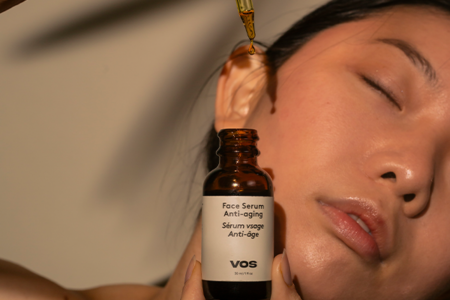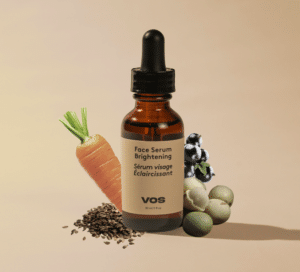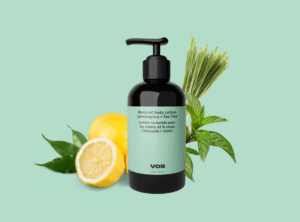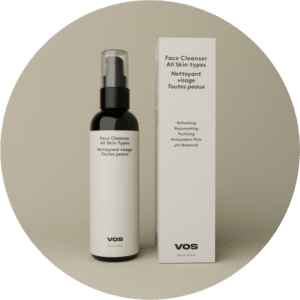Chamomile, a delicate flower with a calming aroma, has been used for centuries in traditional medicine. Its extracts and oils are prized for their potential therapeutic properties. One of the most common questions about chamomile oil is whether it can be applied directly to the skin. While it’s tempting to harness its benefits immediately, understanding the nuances is crucial.

Benefits of Chamomile Oil for Skin
Chamomile oil contains compounds like apigenin and chamazulene, which are believed to contribute to its skin-friendly properties.
- Soothing and Anti-inflammatory: Chamomile is renowned for its calming effects on the skin. It can help reduce redness, inflammation, and irritation caused by various skin conditions.
- Antioxidant Protection: The antioxidants in chamomile oil can help shield the skin from damage caused by free radicals, contributing to a healthier complexion.
- Potential for Acne Improvement: Some studies suggest that chamomile oil may have antibacterial properties that could help manage acne breakouts.
- Moisturizing Effects: Chamomile oil can help hydrate the skin and improve its overall texture.
Can You Apply Chamomile Oil Directly to Skin?
The short answer is: It’s generally not recommended to apply undiluted chamomile oil directly to your skin.
Essential oils, including chamomile oil, are highly concentrated and can cause skin irritation if used improperly. They should always be diluted with a carrier oil like coconut oil, jojoba oil, or sweet almond oil before topical application.
How to Use Chamomile Oil Safely
To enjoy the benefits of chamomile oil without risking skin irritation, follow these guidelines:
- Dilution: Always dilute chamomile oil with a carrier oil before applying it to your skin. A general rule of thumb is to use about 3 drops of essential oil per 1 ounce of carrier oil.
- Patch Test: Before using any new skincare product, including diluted chamomile oil, perform a patch test on a small area of your skin to check for allergies or sensitivities.
- Choose the Right Carrier Oil: Select a carrier oil that suits your skin type. For example, coconut oil is excellent for dry skin, while jojoba oil is suitable for oily skin.
- Consider Your Skin Type: If you have sensitive skin, opt for a lower concentration of chamomile oil in your mixture.
- Avoid Contact with Eyes and Mucous Membranes: Chamomile oil can irritate the eyes and mucous membranes. Use caution when applying it near these areas.
Chamomile Oil for Specific Skin Concerns
Chamomile oil can be incorporated into your skincare routine to address various concerns:
- Acne: Create a diluted chamomile oil solution and apply it to affected areas using a cotton pad.
- Dry Skin: Add a few drops of diluted chamomile oil to your moisturizer for extra hydration.
- Redness and Inflammation: Apply a cool compress soaked in diluted chamomile oil to soothe irritated skin.
- Sunburn Relief: Mix diluted chamomile oil with aloe vera gel for a cooling and calming effect.
Precautions and Side Effects
While chamomile oil is generally considered safe for most people, it can cause allergic reactions in some individuals. Discontinue use if you experience any adverse reactions. Pregnant and breastfeeding women should consult with a healthcare professional before using chamomile oil.
Conclusion
Chamomile oil offers potential benefits for skin health, but it’s essential to use it correctly. By diluting the oil and following safe practices, you can harness its soothing and anti-inflammatory properties. Remember, everyone’s skin is different, so it’s crucial to listen to your body and adjust your skincare routine accordingly.










